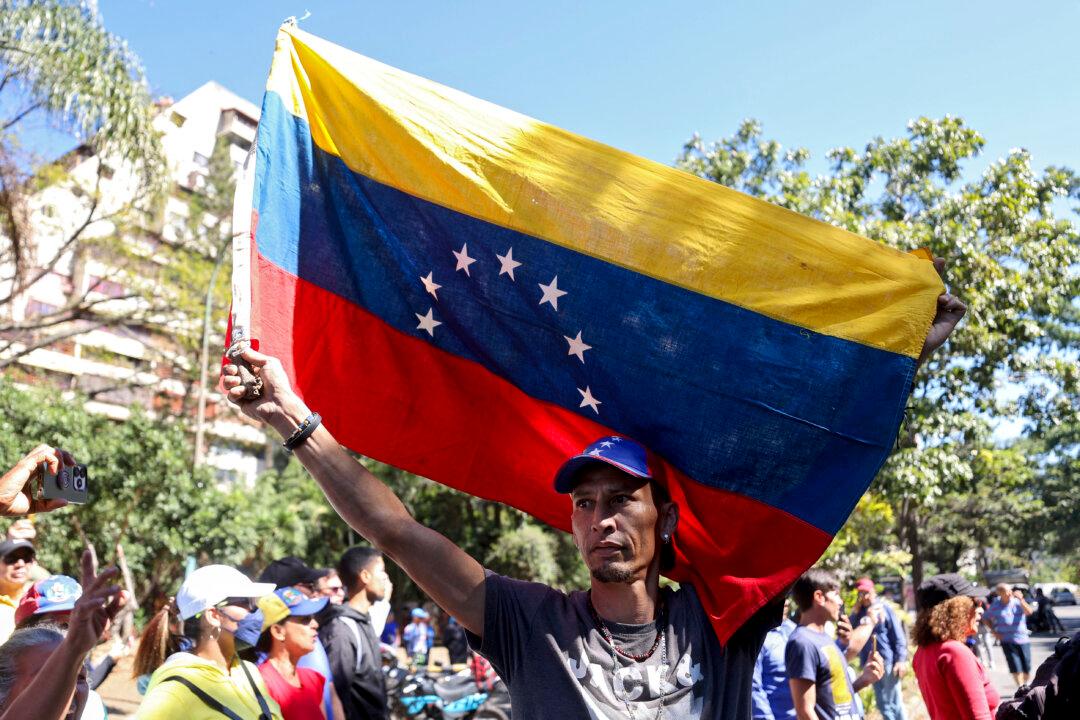Nicolas Maduro is set to be sworn in for a third term as president of Venezuela today, despite a widespread belief at home and abroad that he lost the election.
Maduro will extend his rule over the struggling South American country to 2031 after his inauguration, which will take place against a backdrop of protests and allegations of repression.





